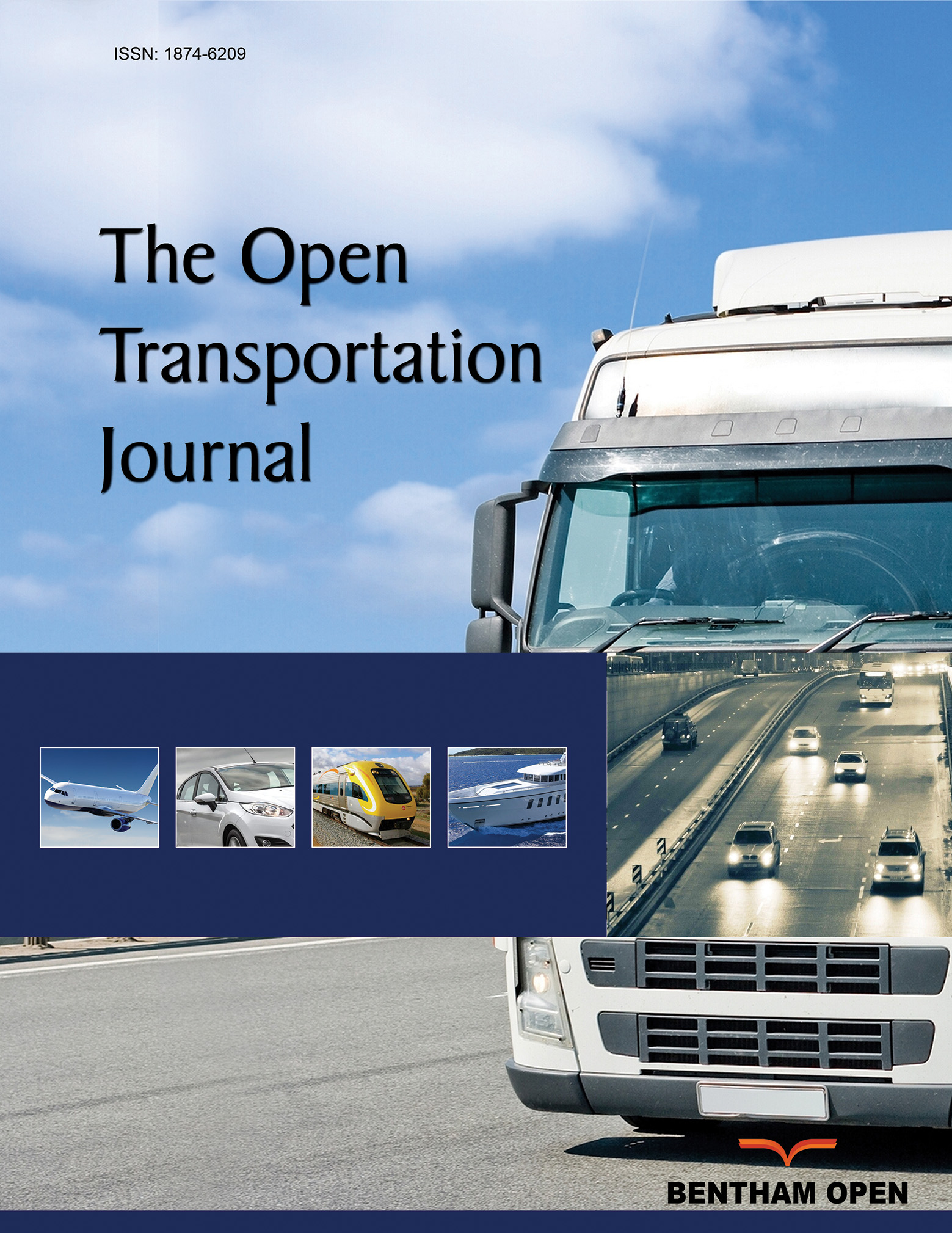All published articles of this journal are available on ScienceDirect.
Crowdsourcing as a Social Interaction Tool to Stimulate Sustainable Transportation Mode Use
Abstract
Background:
In this paper, a crowd-based social interaction framework is developed to assess the potential increase in the use of sustainable transportation modes – such as walking, bicycling and public transit.
Methods:
The empirical data were used to validate mode shift behaviors for 77 participants from California State University Long Beach. Data collection spanned over two phases, Phase I followed by Phase II. Each study phase lasted a month. Participants used one of the four modes – personal car, walking, bicycling and public transit - to arrive at the university campus. During Phase I, a control group was created, and individual mode choice of participants were obtained. Individual participants in Phase II were assigned short-encrypted distinct names and were asked to post a daily comment on the quality of experience using the mode that was used to arrive at the campus. The participants were asked to post the comments over a “Twitter” page that was used as the crowdsourcing platform for this study. The encrypted name masked the individual identity of the user. Analysis at the end of Phase II showed that there was an overall mode-shift of almost 19% of personal car users to other sustainable modes of walking, bicycling and transit.
Results:
Results show very important policy implications of using crowdsourcing as a social interaction tool to influence mode choice behavior of commuters, especially among college students and young adults.
Conclusion:
A crowd-based social interaction framework is developed to assess potential increase in the use of sustainable transportation modes – such as walking, bicycling, and public transit. Results showed that providing advanced information on traffic and parking problems can result in a mode shift to active transportation modes.


